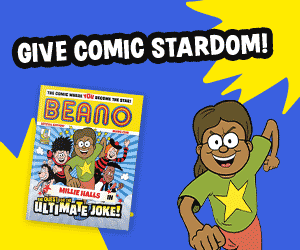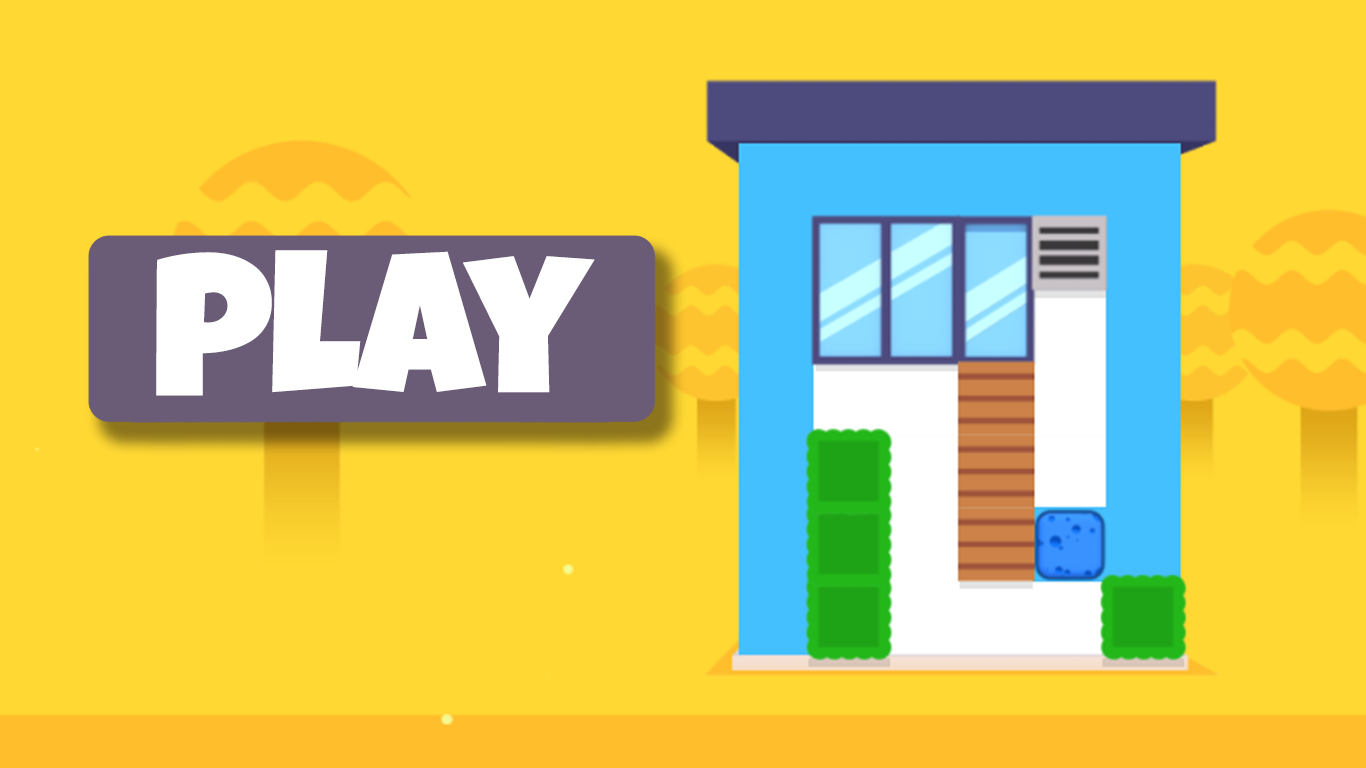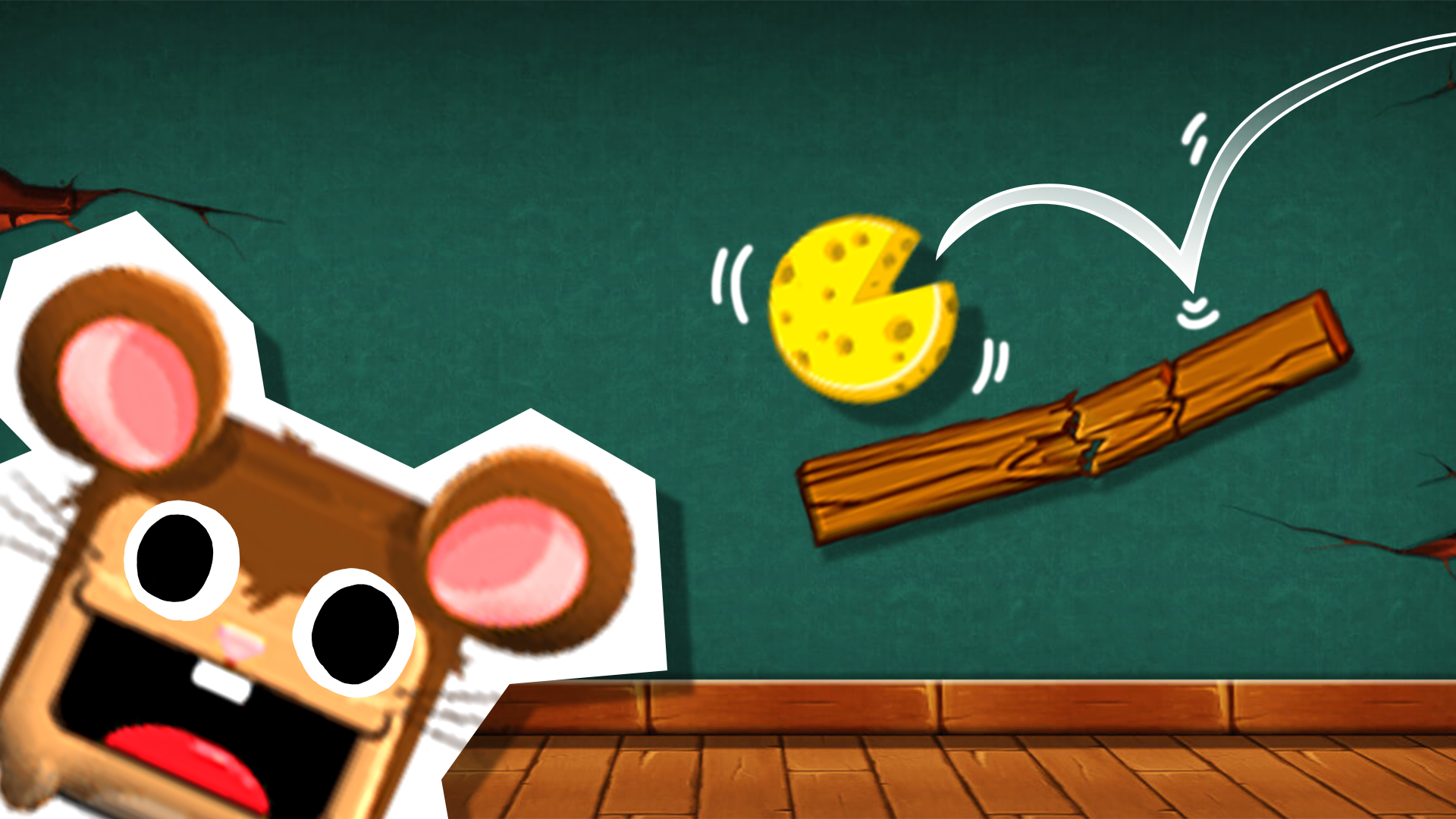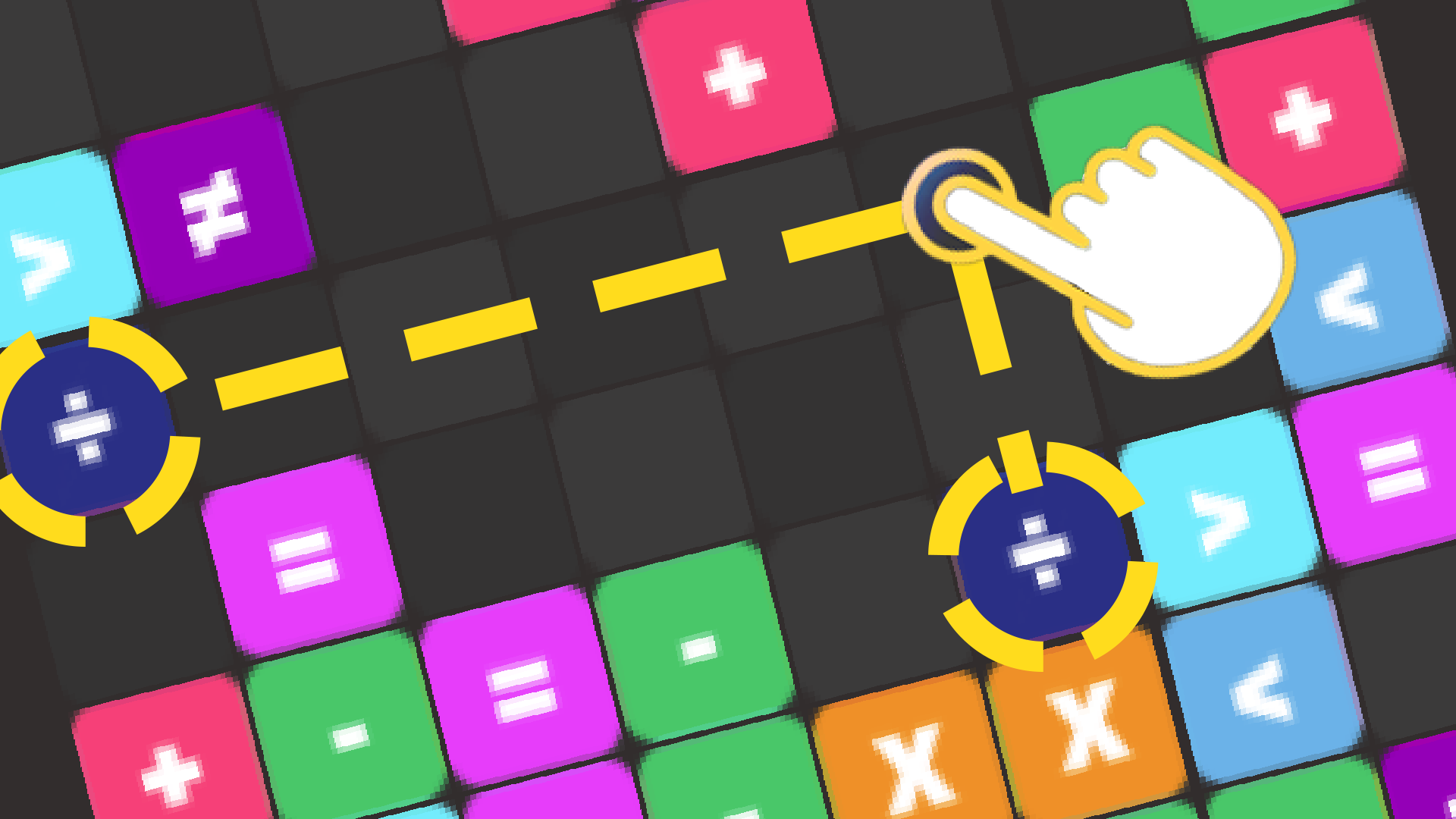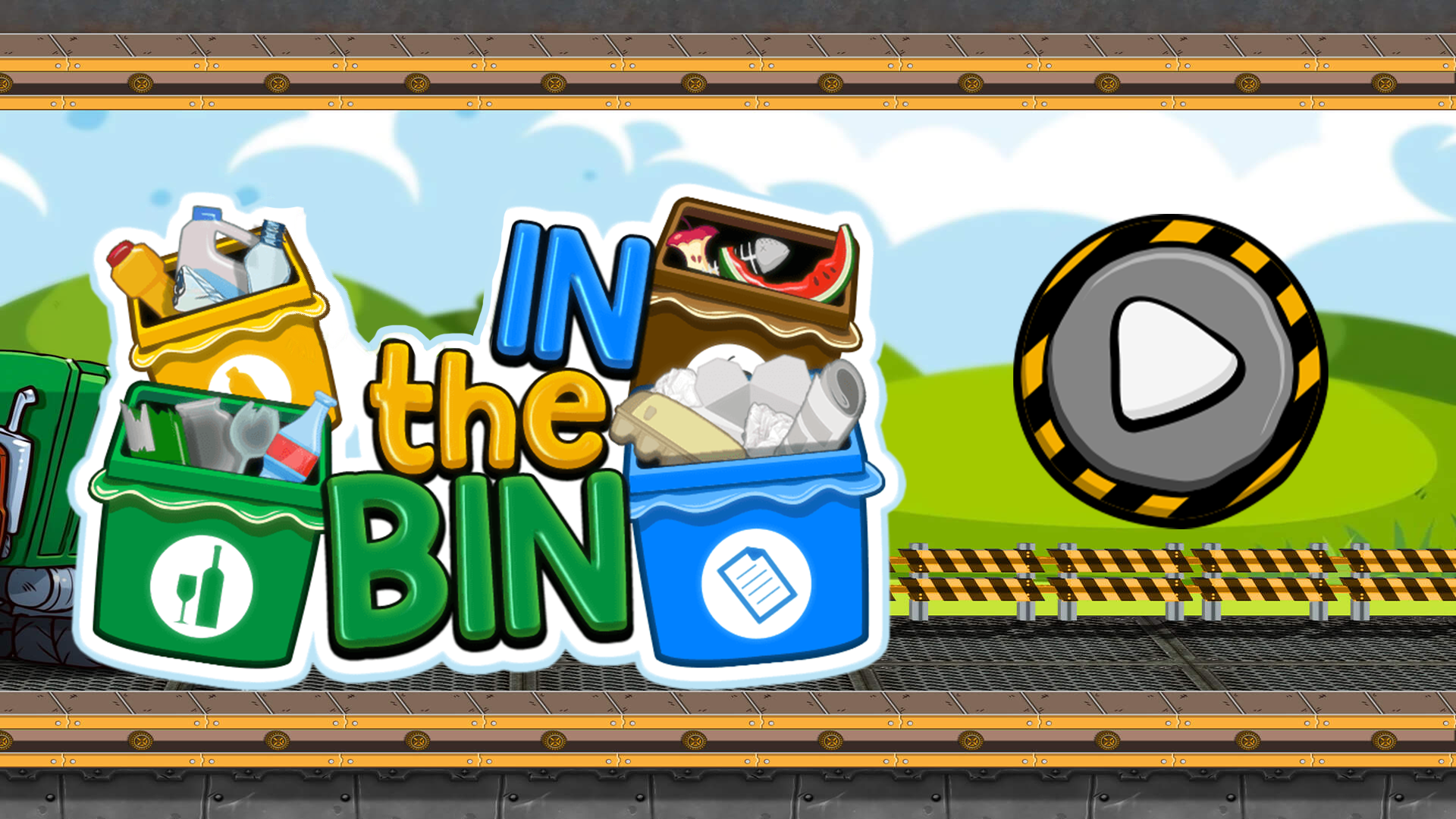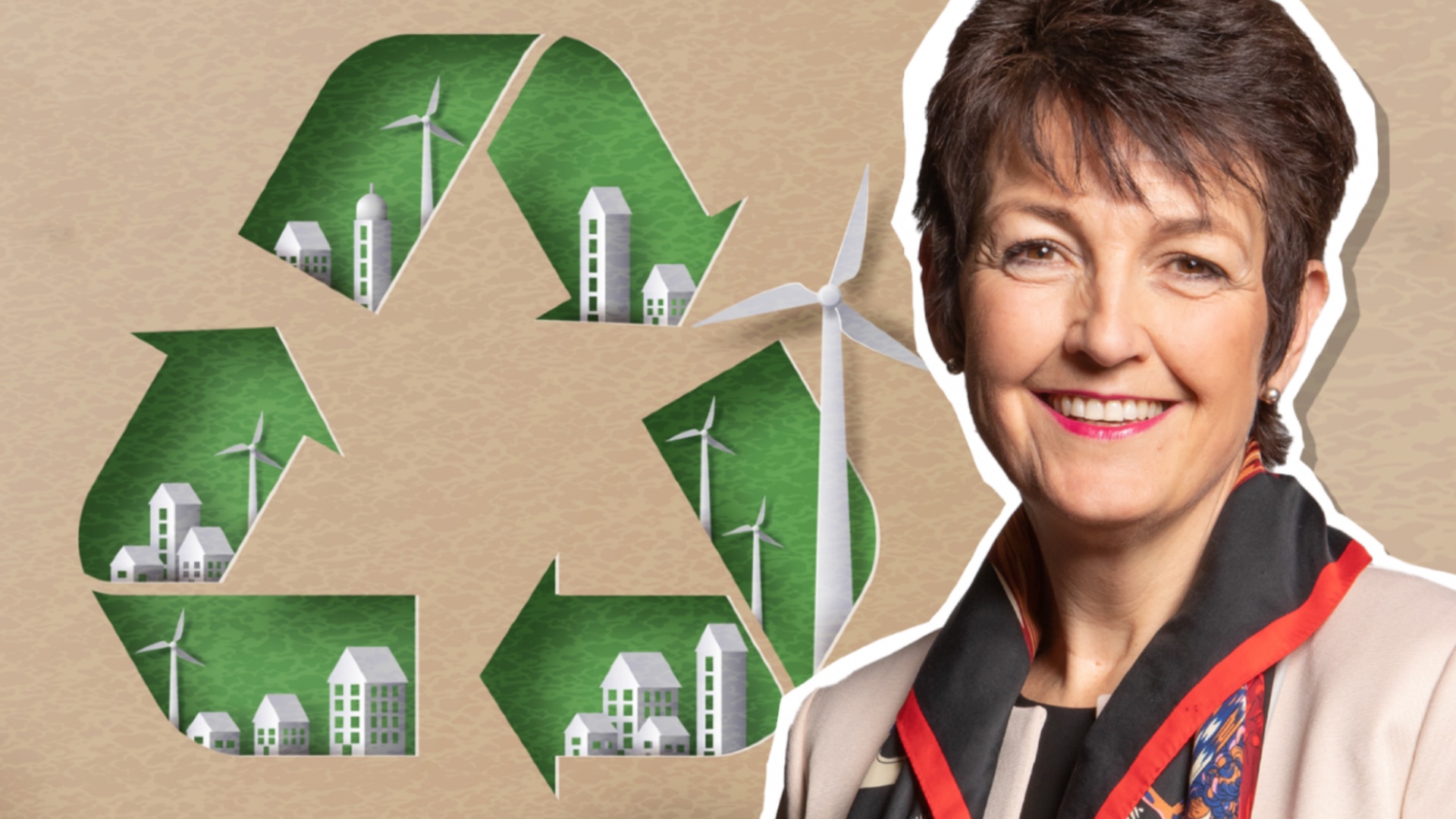Bin it to WIN it!
How good are you at sorting the recycling? From cool cans to cute cartons, we’ve found 7 key items that will happily get rinsed and recycled rather than going to the landfill. Can YOU line up the shapes and fill parts of the recycling bin to make them disappear? We’ll give you lots and lots of points as a reward, promise!
There are 60 full levels in this game, for you to organise up jars, tins, cans, cartons, and paper ready for reuse. Simply drag and drop an item from the bottom portion of the screen into the grid of white hexagons in the centre of the screen. Arrange them to complete lines in any of the six available directions – horizontally or diagonally. You’ll only get three items at a time, so place them carefully to ensure you’re not wasting space on the grid.
As levels advance, the shapes of the items will get more and more complicated. See if you can score combos of multiple lines in different directions. Longer lines will let you score higher, but shorter lines are easier to make – but you’ll need to create both in order to try getting a three star ranking on all of the levels. Levels will keep track of your score and your number of moves – but don’t think about your placement too much, in case you run out of time to place an item!
Recycling is a super easy and important way of helping the environment and living a little more GREEN (just like the bin in the game)! Lots of everyday stuff can be reused instead of going to the landfill, from paper products like cardboard and magazines, to more solid plastic and metal tins and cans, and glass jars or jugs. Paper product can get rinsed and mulched (churned and compressed into pulp) and then reused to make more paper or boxes. Tins and cans get shredded and melted down into steel or aluminium ingots, which can then be melted and shaped into more cans. Similarly, glass can be melted and reshaped easily, an infinite number of times. Most plastics can even be compressed and heat-treated to be suitable for reuse, though this can be more difficult and expensive.




